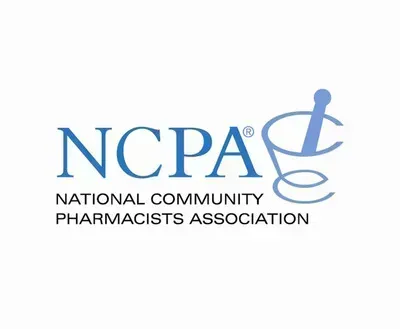WASHINGTON — Complex medication regimens and challenges in health care delivery are driving exponential growth in the demand for BPS board-certified pharmacists, according to the Board of Pharmacy Specialties (BPS).
BPS, an autonomous division of the American Pharmacists Association, said Thursday that the number of pharmacists with BPS board certification is up by double digits versus last year. Currently, there are 12,889 BPS board-certified pharmacists in the United States and Puerto Rico, according to the board.
That growth has come amid increased usage and spending on prescription drugs. According to the American Journal of Health-System Pharmacy, more than one half of Americans use at least one prescription medication, and U.S. drug expenditures now top $320 billion a year.
"Nearly 13,000 pharmacists are BPS board-certified in the U.S., an increase of 20% over last year and double the number over the past five years," BPS executive director William Ellis said in a statement. "BPS board certification is recognized as the gold standard for determining which pharmacists are qualified to contribute at advanced patient care levels."
BPS board-certified pharmacists are specially trained and educated to manage patients with complex or special medication therapy needs. Through BPS certification, a pharmacist’s education, experience, knowledge and skills in a certain practice area exceed the requirements for licensure.
Pharmacists can become BPS board-certified in six specialty areas: ambulatory care pharmacy, nuclear pharmacy, nutrition support pharmacy, oncology pharmacy, psychiatric pharmacy and pharmacotherapy. Each specialty is overseen by a specialty council of pharmacists who are board-certified in that area.
BPS said it’s evaluating critical care pharmacy and pediatric pharmacy and that, by 2016, aims to double the number of specialties for which pharmacists can become BPS board-certified.
"Depending on their specialty, these highly trained pharmacists assist in designing or modifying existing medication regimens, monitor for and prevent adverse medication reactions, customize medication regimens for patients taking multiple medications, and recommend the most effective treatments," Ellis added.
BPS noted that employers, insurers, doctors and other health care professionals recognized the expertise that BPS board-certified pharmacists bring to patients and the health care team.
"All of our clinical pharmacy specialists — approximately 100 — are BPS board-certified, which ensures that they have been thoroughly trained and tested," stated Dennis Helling, Colorado executive director of pharmacy operations and therapeutics for Kaiser Permanente. "These pharmacists are experts in medication therapy. Employers should recognize and take advantage of the knowledge that BPS board-certified specialists bring to the health care team."






